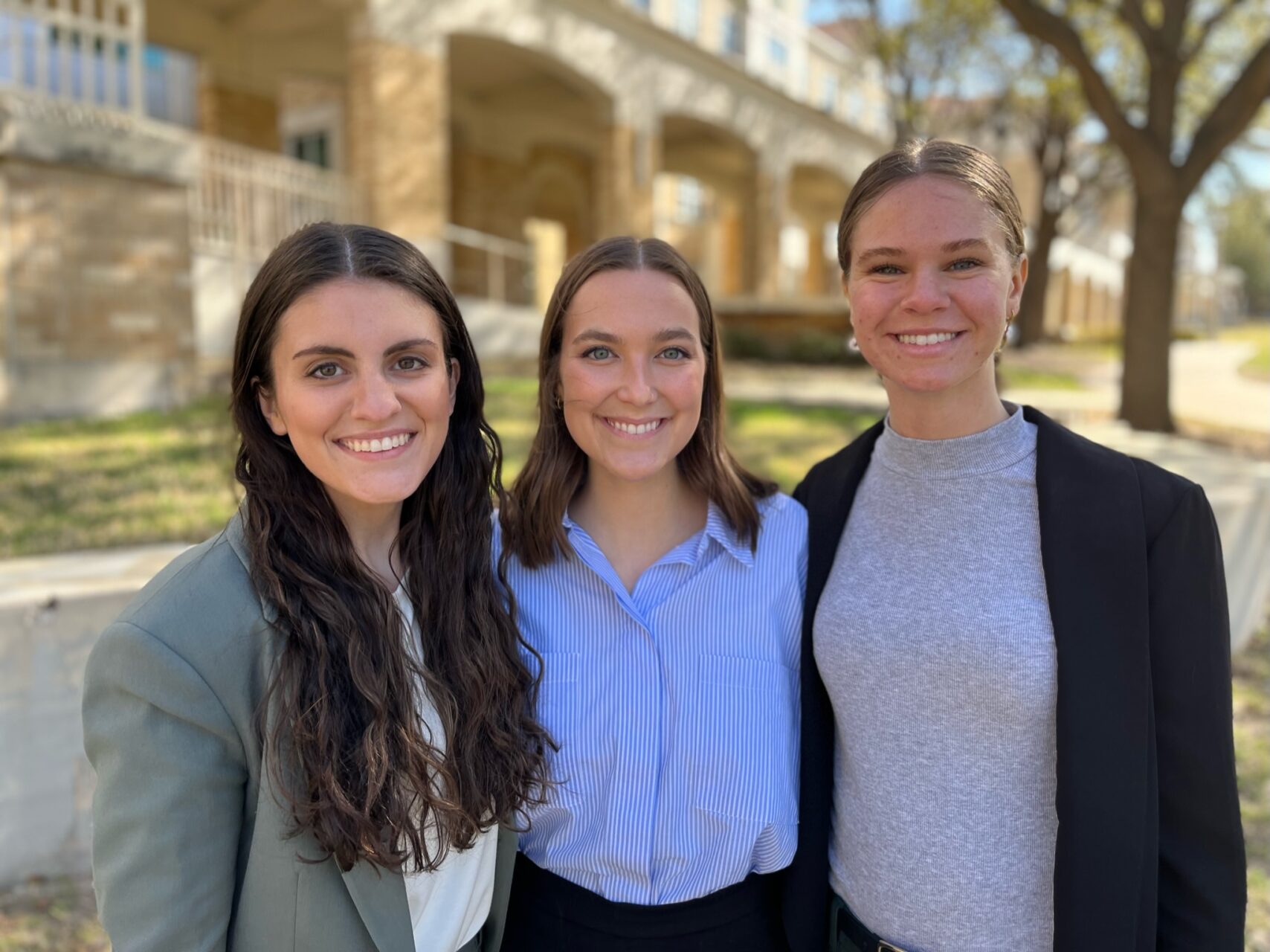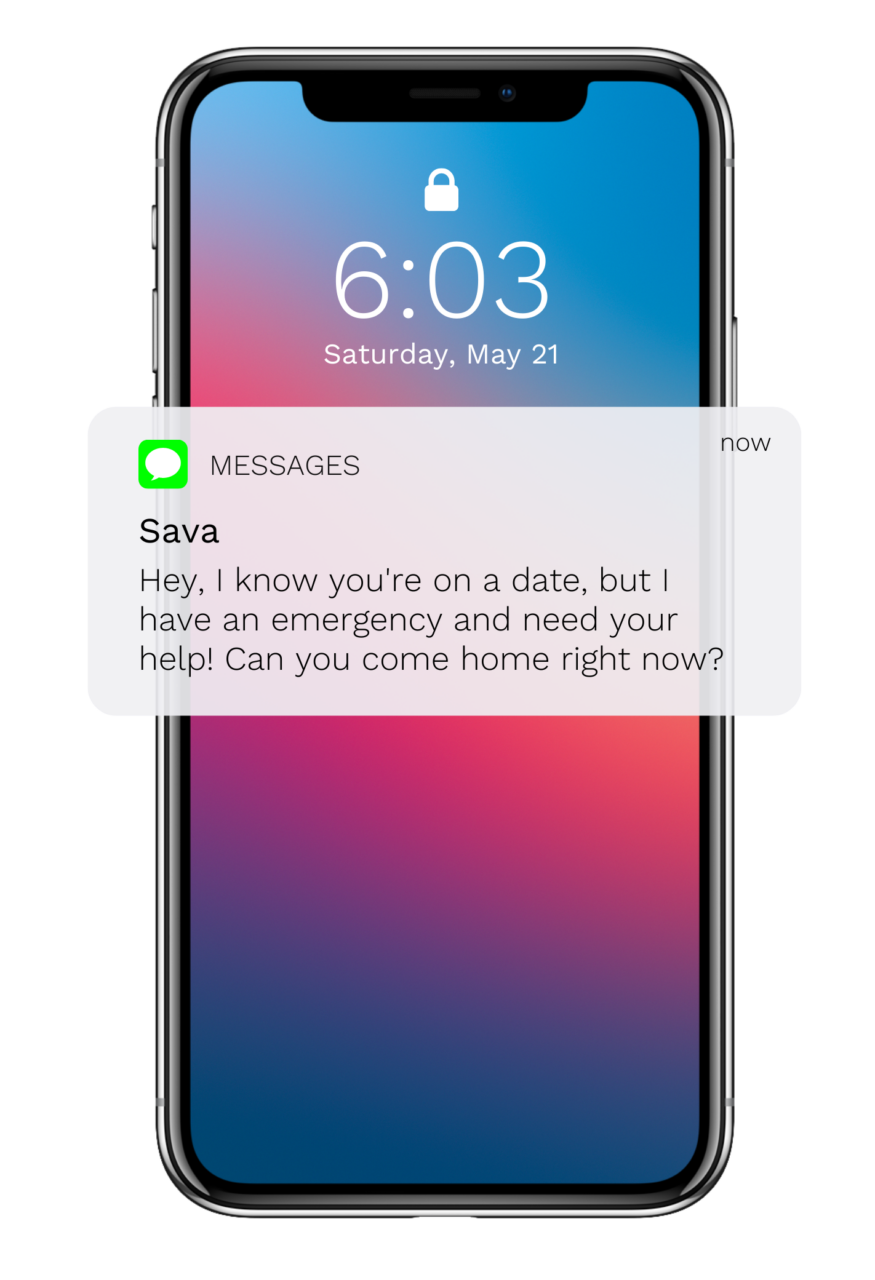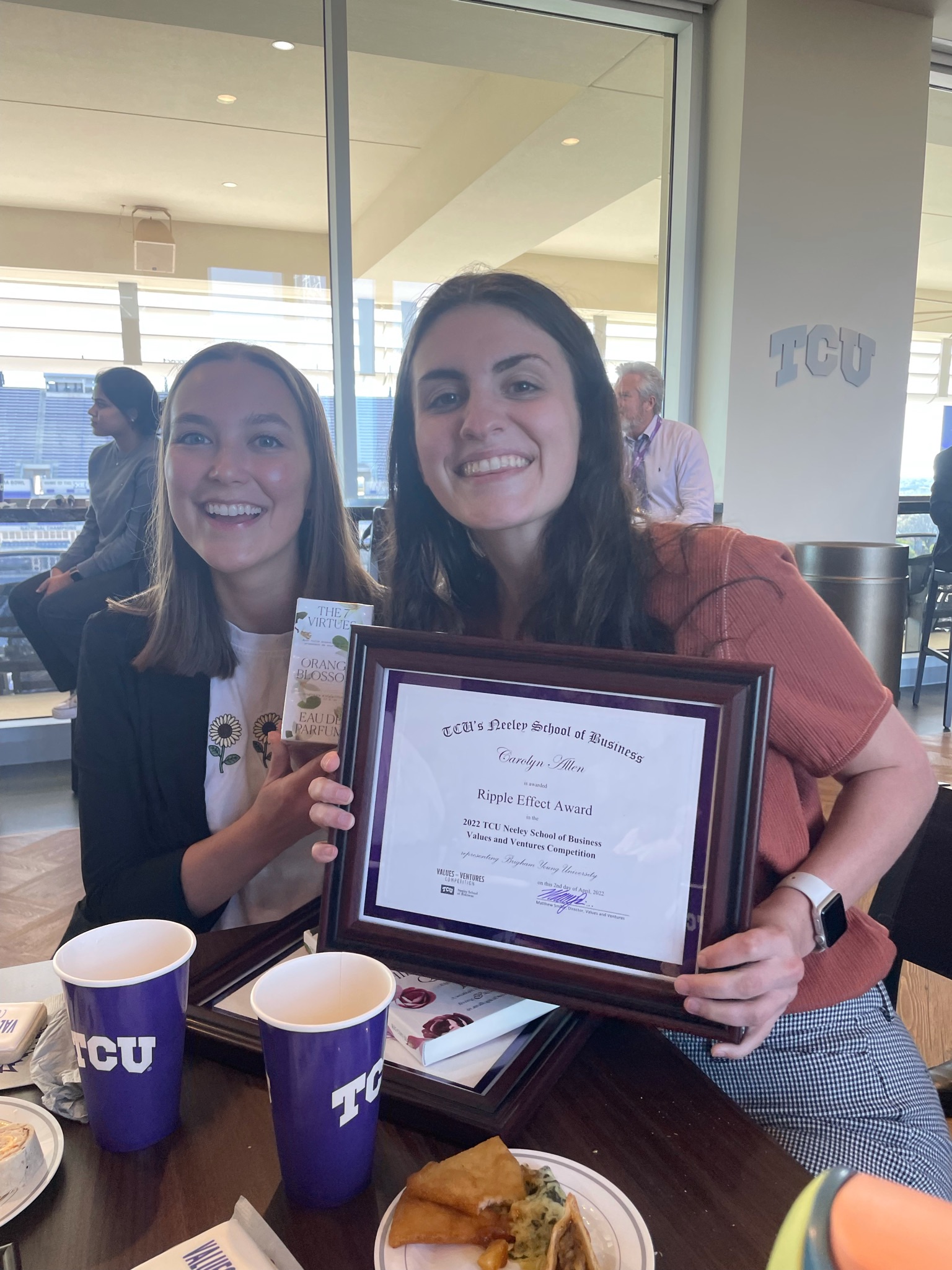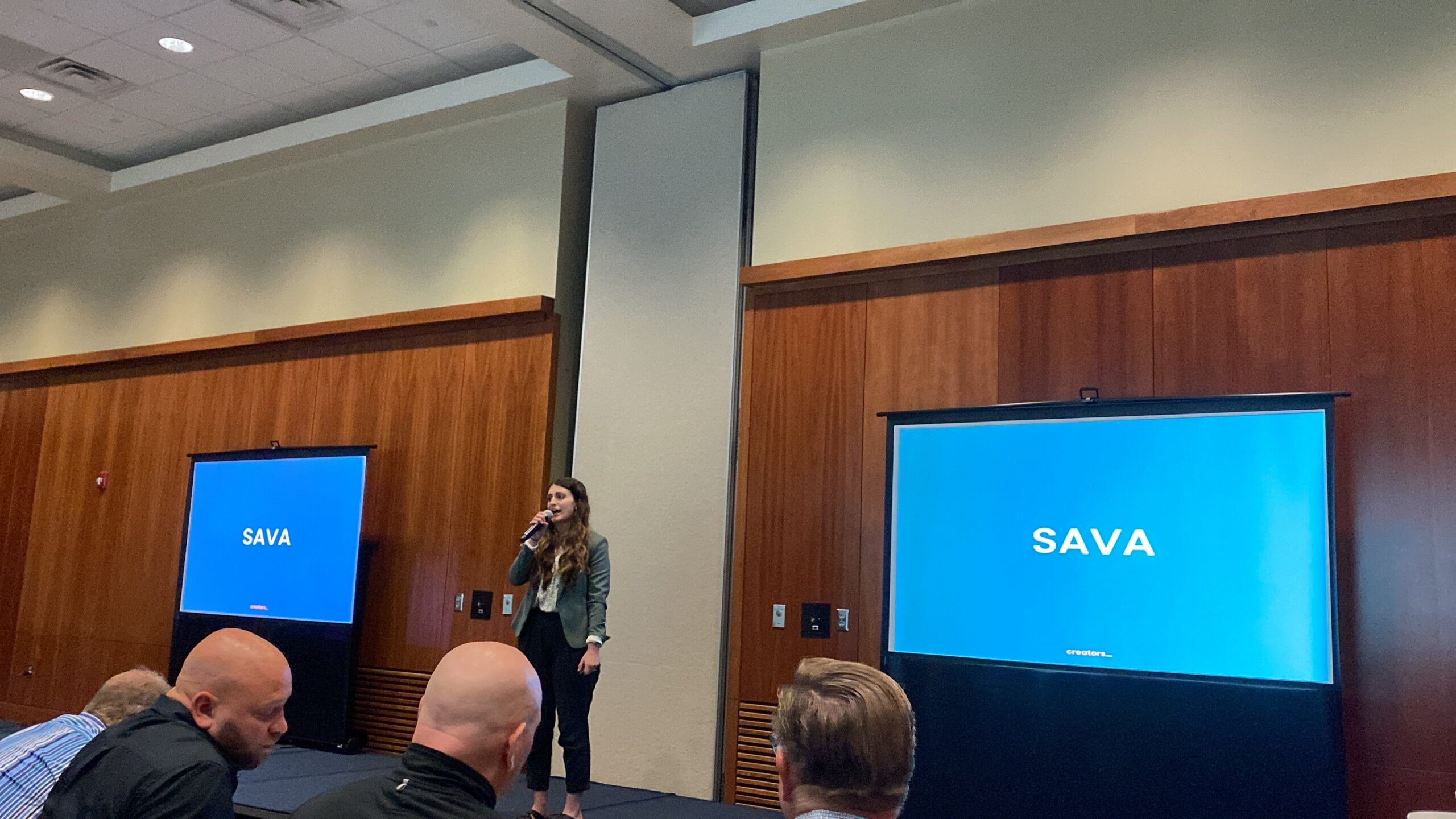
A team of four female BYU students have created and launched an app to help keep women safe from dating violence and sexual assault.
The Sava app, which launched on March 18, provides users with different evacuation methods in the case of feeling uncomfortable or unsafe while on a date. These methods consist on having the app call the police, choosing to get a fake text or call, or having the app notify previously designated contacts. The fake calls and texts give users a reason or excuse to leave the date and attend to the fake scenario on the text or call.
The idea for the app came when the four students got together through BYU’s Sandbox Startup Accelerator, a program which groups designers, engineers and entrepreneurs with the goal of building a product or launching a business and getting funding for the startup.
“We were looking at different problems that affected women,” Sava CEO Carolyn Allen said. “Unfortunately, one of the most prevalent problems was safety and sexual assault.”
According to a study by BYU nursing professor Julie Valentine, out of 1,968 acquaintance sexual assaults from 2017 to 2020 across Utah, 14% of them met one of the following criteria: (1) the victim was 14 years of age or older, (2) the victim reported meeting the perpetrator on a dating app, (3) the victim had a sexual assault forensic medical examination with evidence collected.

“The idea came because me and my roommates have a system where you send a certain emoji when you’re on a date, meaning that you are in a tricky situation,” Sava’s chief technology officer Meredith Von Feldt said. “Yet, we are not always there to respond to their texts and once there was nobody who could respond to one of my roommate’s text.”
The app creators then realized there was a way they could automate the text and call process for those in uncomfortable or unsafe situations, as well as for those who didn’t have a reliable friend or roommate to send the texts.
“We launched our app at the end of March and since then we have been getting feedback from users,” Allen said.
Sava’s Instagram page announced the app’s launch and uploaded posts on dating safety best practices, tutorials on how to use the app, ways to say “no” to a date and information on why assaults go unreported.
“As we reached and talked to people more and more we realized that this doesn’t just greatly affect women but that it also affect(s) the LGBTQ community and men,” Von Feldt said.
When asked about difficulties and challenges the students faced during the app’s development process, Von Feldt said she felt pressure and anxiety as the only engineer in the team.
“I was the only engineer and the process of creating the coding and the app was always really slow,” Von Feldt said. “I was anxious that it was not going to work and that I was going to fail or cause harm to someone because of my coding.”
Another challenge Von Feldt, Allen and Gantz had to overcome was pitching the startup to investors to get funding.
“It was difficult to pitch the idea because when we talked to students about the app they were ecstatic and they wanted to download it right away,” Von Feldt said. “However, investors didn’t always understand the problem because it doesn’t affect them as they are usually older men.”
Allen said even though this has been one of the greater barriers slowing Sava’s growth and progress in Utah, some investors did seem to change their approach toward the problem and wanted to learn more.
The Sava team has primarily talked to schools and Title IX offices but is now targeting sororities to get as much feedback as possible.



“One thing we have to communicate is that Sava is applicable in specific cases and we can’t prevent all types of sexual assault,” Von Feldt said. “This means going on a first date where you’re starting to feel uncomfortable. We do hope to expand and get to more situations where sexual assault is happening.”
BYU nursing student Laura Teames shared her experience using Sava and the reasons she thinks it’s important to spread awareness about the app.
“I decided to download the app and try it out with the dates I didn’t know super well,” Teames said. “It’s kind of like a peace of mind and a great tangible reminder that if something goes wrong there is an outlet I can use.”
According to Teames, one of the greatest features of the app is not having to rely on a friend, family member or roommate to respond or check up on her.
“Not everyone has roommates who are supportive, so unfortunately there is a need for this,” Teames said. “Even at BYU, where we have an honor code and people are members of the Church or returned missionaries, we all have the need to feel safe and Sava provides a way for you to be more secure.”
Allen and Von Feldt want to keep their app growing and continue getting feedback from other users to understand what upgrades and changes the team needs to work on.
“We want the world to be a safer place for everyone, especially for women, and we hope Sava can help with that,” Allen said.
After having met with sexual assault survivors and researchers as well as people on the dating scene, the Sava team became more fully aware of the need to prevent sexual assault. They hope their product can accomplish that.
“What we want out of this app is that everyone using it can feel empowered and that they can do something about their situations,” Von Feldt said.




